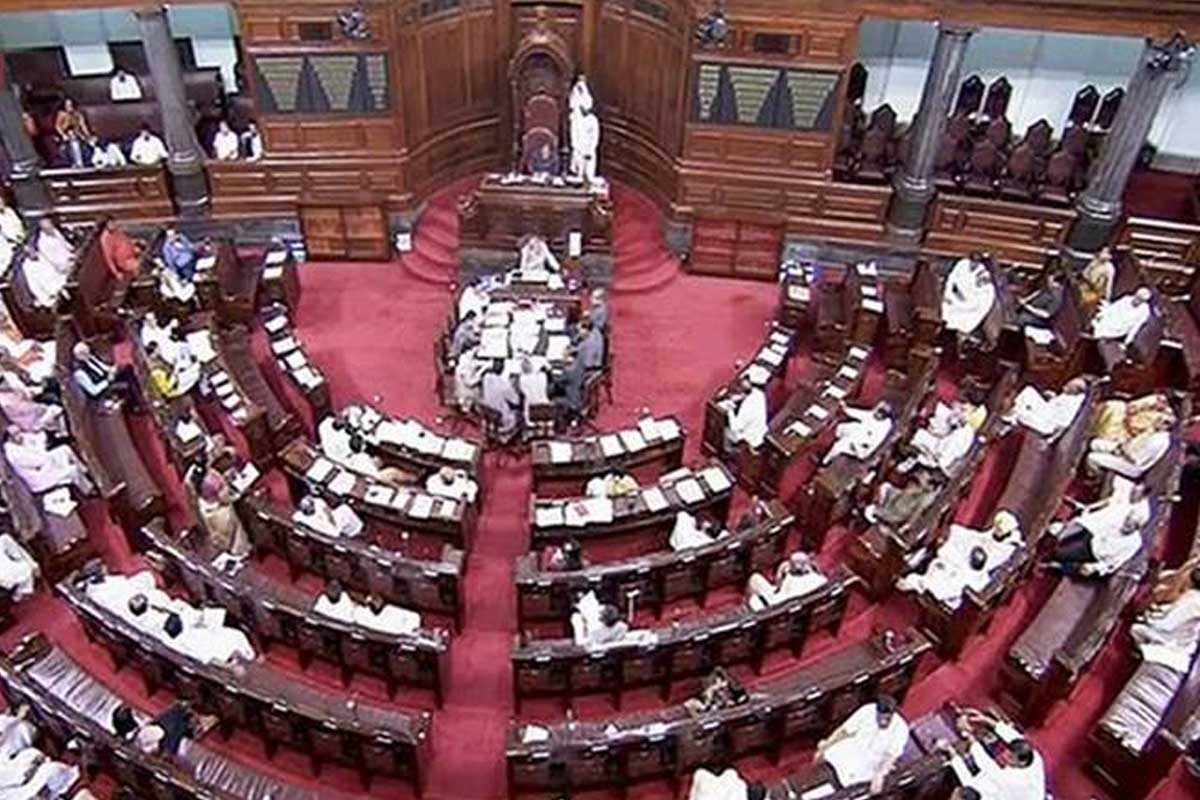The Rajya Sabha today returned the Finance Bill, 2022, and the Appropriation Bill, 2022 containing the Union Government’s taxation and expenditure proposals for 2022-23 after passing them by a voice vote.
In her reply to the debate on the two Bills, Finance Minister Nirmala Sitharaman told the House that the Government had not increased taxes on individual taxpayers as its focus was on economic recovery and did not want to fund it through higher taxation.
Advertisement
She said the States were devolved more than their share in the Central tax revenues and all cess collections benefited the States and their infrastructure requirements.
The government had faith in private investment and was confident it would pick up following PM Gati Shakti and PLI initiatives, after its recent Covid setback, she said.
Referring to increasing petrol and diesel prices, she said there was a disruption in oil supplies and price-rise due to the global war-like situation and the Government had taken several steps.
But the consumers were really paying higher oil prices because of the subsidy they received during the UPA Government in the name of oil bonds, and they will continue to suffer it for another five years as the redemption of the bonds by the present Government will continue till 2026. The Finance Minister said the UPA Government had raised oil bonds worth Rs 2 lakh crore.
The Finance Minister said the Modi Government in its seven years and nine months of rule had brought more FDI into the country than the FDI secured by the Congress-led UPA Government.
With each Budget, the Modi Government had increased allocations on health infrastructure, she said. Sitharaman said the funds transferred to the States as per the formula laid down by the Finance Commission were verified by the CAG.
All accounts are digital and transparent, she said. Cesses like health and education cess, GST Compensation Cess and Central Road and Infrastructure Cess were transferred to the States, and not kept with the Central Government.
For the first time, expenditure proposed on education had crossed Rs 1 lakh crore in the coming financial year, she said. There were several schemes benefiting the middle-income group in housing. Sitharaman said India had improved its standing in the global indices.
The Budget had given a broad definition for virtual digital assets and these did not include just crypto assets. She said there was no income tax on income up to Rs 5 lakh a year and those earning more could also escape tax by investing in tax saving schemes.
Replying to former Finance Minister P Chidambaram’s remarks, she said the inclusion of Air India Rs 51,000 crore dues’ clearance by the Government in capital expenditure was normal as all Government payments for loans and equities in CPSEs were in accounting practice held to be capital expenditure. The UPA Government too had made equity infusion into Air India during its rule, she said.
Regarding the Centre’s 50-year interest-free loan of Rs 1 lakh crore to states, she said this was specifically meant to finance capital expenditure by the States, and could be treated as such only. She said Chidambaram had given a wrong impression that the States would have to run around to secure the Rs 1 lakh crore loans.
The Finance Minister defended faceless assessment by the income tax department saying it disallowed scope for personal discretion.











